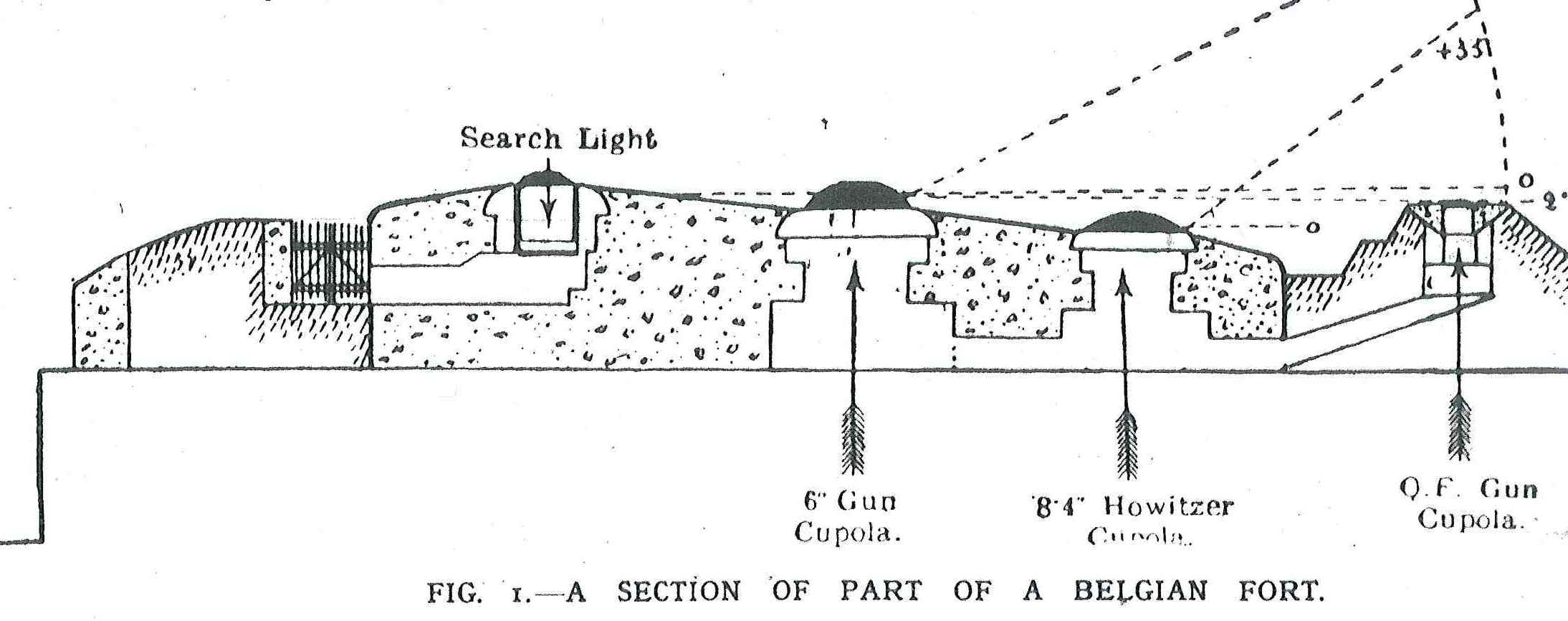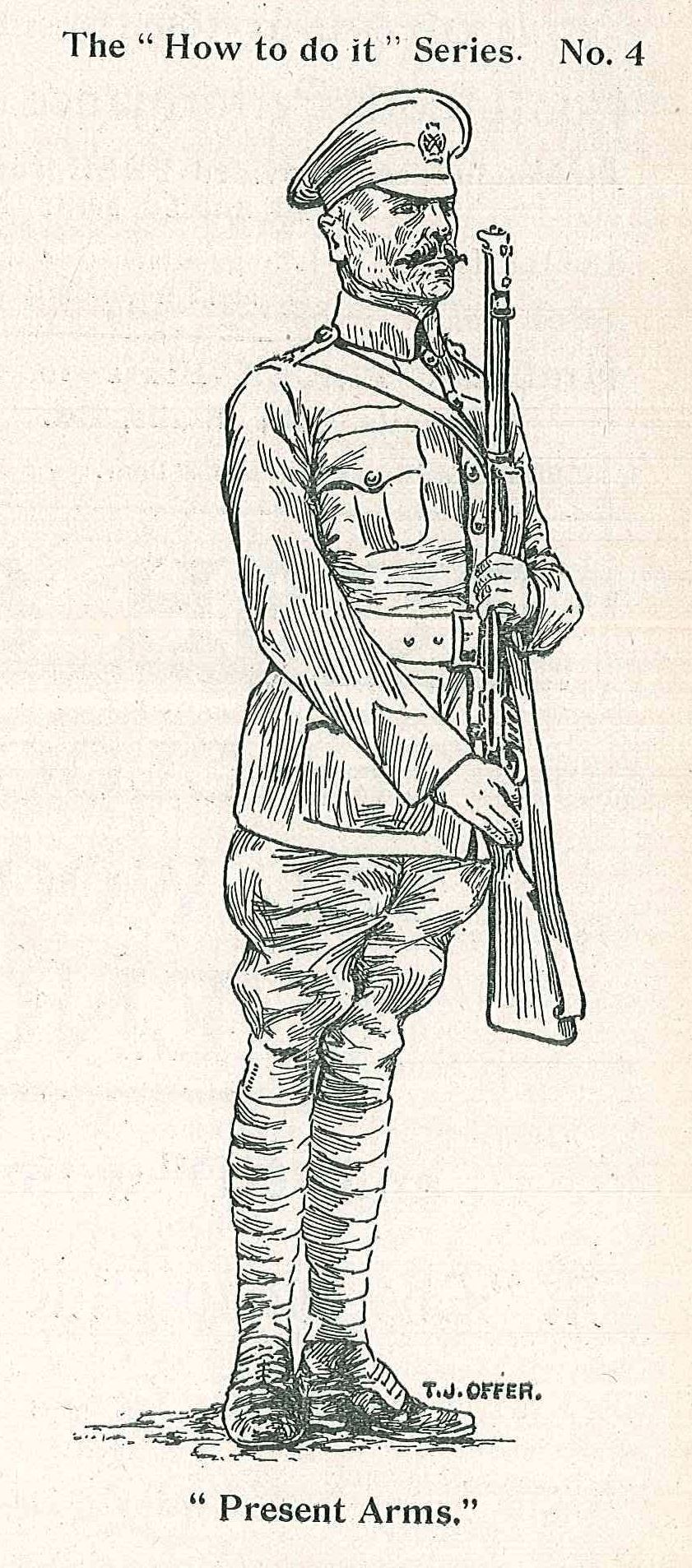Follow the Drum: Experiencing the trenches
Local families would have been able to construct a picture of life in the trenches for their family members through their personal correspondence (though military censorship deleted any strategic references such as place names and some other content) as well as through the correspondence pages of the newspapers of that time such as the Richmond Herald or the Richmond & Twickenham Times. Certain threads developed over time based on weather conditions, battles, lives lost (lists of men volunteering transformed over time into lists of the dead, missing or imprisoned), the wounded and those men that received awards. Even requests from the troops for ‘home-comforts’ speak to us about the harsh conditions being endured.
Letters home
In the Richmond Herald, these letters were generally organised into a section of the paper titled ‘On Active Service: Interesting letters from local men’. One example of this is an account of an abandoned football match experienced by a local man during the Christmas truce of 1914 (‘The Christmas Day Truce’ Richmond Herald, 9 January 1915, p.14). Sgt-Major J. J. MacNamara, an executive councillor of the Richmond Habitation of the Primrose League, wrote to that organisation:
“Things are lively here at times, but of all God-forsaken places commend me to this unmentionable place. It is mud, mud, mud with an occasional snowstorm. I must say I am proud of our fellows… On Christmas Day we had a mutual truce. The Germans in front of us shouted to us that if we did not fire they would not. We took them at their word and it was a most curious sight to see the various groups of our fellows conversing with the enemy between the trenches and exchanging addresses and souvenirs. They started a football match between the Germans and the English, but the General stopped it…”
Thus far it is now a fairly familiar story of this historic event, but closer reading of this letter page reveals a twist in the sequence of events:
“…Three of our chaps foolishly went right into the German trenches and have consequently been detained as prisoners, and quite right too”.
Flooded trenches
At least two other letters exist in this edition of the Richmond Herald depicting the Christmas Truce as experienced by local men. ‘Fraternizing with Germans’ by Pte Charles Moore of the 13th London Regiment and ‘Xmas with the London Scottish’ from Lance-Corpl. F. S. Wright of the 1st London Scottish. The latter vividly depicts some of the problems in the trenches at that time, though the overall tone of the letter is determined and positive: “The trenches just now are in a terrible state, solid mud and clay, so when we come out we are simply covered”.
Pte Moore described the conditions as preferable to wet weather: “We had snow on Christmas day and although cold it was not so unpleasant as wet weather. The trenches we came out of last time were knee deep in water”.
The image of troops living in and wading through the flooded trenches recurs in various other letters printed in the papers.
The men were able to use their own brand of humour as a way of dealing with the terrible conditions. An example published in the 9 January 1915 edition of the Richmond Herald is given the title: ‘A Cheery Letter’. With hindsight there is very little cheerful content, with the writer using humour as a survival mechanism. This letter was received by Alderman H. M. Taylor J. P. from an old comrade assigned to the 4th Royal Irish Dragoon Guards, (2nd Calvary Regiment).
Grim events are described in a surprisingly informal tone:
“I am sorry to say young Jim is a captive in the hands of our greasy opponents. We lost him in a mad charge on the German guns at Mons… I don’t think ‘the bloke with the big ideas’ cares to do P. M. G to his khaki-clad friends. We lost a lot of fellows in that joy ride”.
Conditions for the cavalry under fire are also clearly depicted, as this guardsman puts a brave face on it:
“It may interest you to know that the ‘old mob’ was the first regiment to draw blood for the British… The only boys in the troop now whom you know are Bradley Kidwell, Poole Dumpy Reed and myself … We have had some very exciting moments, you can bet what with bullets, shrapnel, bombs and ‘Jack Johnsons’, it’s a wonder we still survive”.
Follow more of these first-hand experiences of these powerful events by discovering and visiting the search room of Richmond upon Thames Local Studies Library & Archive.
[ by Patricia Moloney, Heritage Assistant ]


